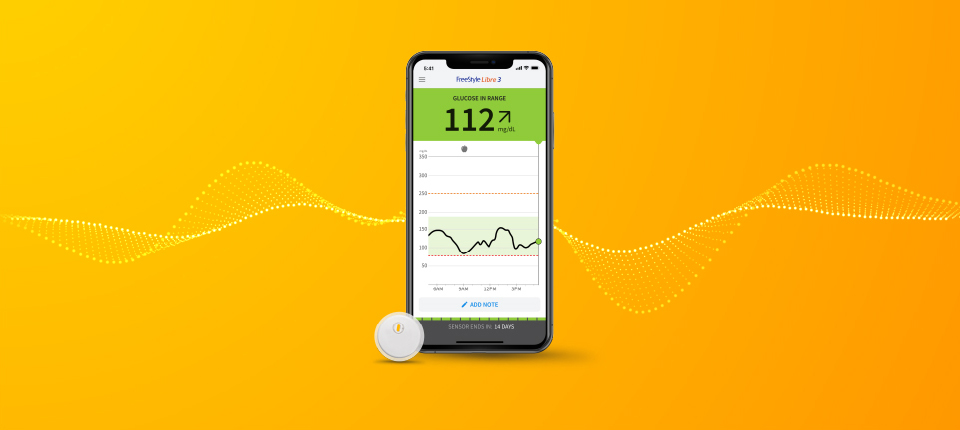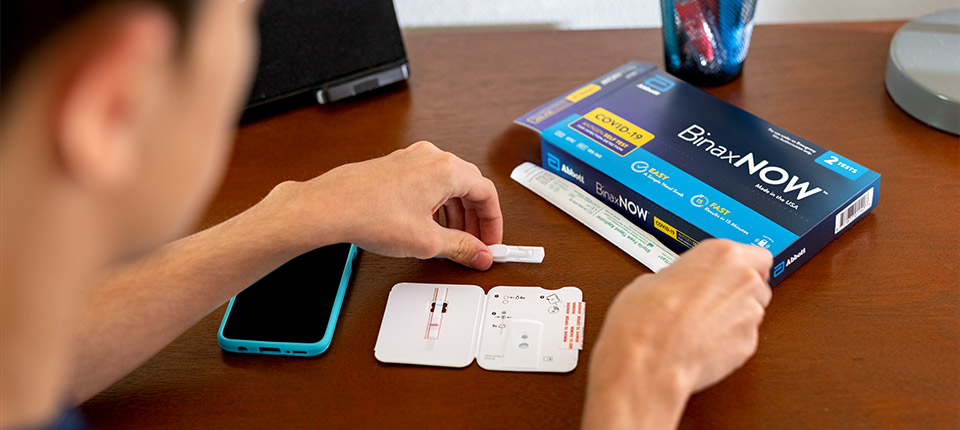Women often prioritize the health of their family and friends above their own.
But we all know that our moms and friends aren't superhuman — even though they might sometimes seem that way. They get sick like everyone else.
Here are four easy ways that all women can help maximize their health. Because at Abbott we believe that at our healthiest we can live not just longer, but better.

1. Eat Right .. for Your Age
Our nutritional needs change as we age. Here's a look at what women need through the decades:
During your 20s and 30s, pump up the iron. Iron prevents anemia and related fatigue by helping your red blood cells transport oxygen to all of your tissues. And it’s particularly important during your childbearing years. Turn to meat, nuts, most beans, dark leafy greens, enriched breakfast cereals and tofu to fulfill your needs.
During your 40s and 50s consume more calcium. After age 50, your daily recommended intake of calcium increases from 1,000 to 1,200 mg per day. Focus on incorporating calcium-rich foods into your diet, including almonds, dairy, kale, and sardines.
During your 60s and beyond, preserve muscle with protein. As you age, the body becomes less efficient at processing protein and incorporating it into your muscles. Add protein to your meals and snacks with beans, eggs, fish, lean meats, quinoa, and protein shakes.

2. Get Screened
Getting recommended health screenings helps prevent disease and illness before they occur and enables you to focus on the activities you enjoy. Take a look at what the Agency for Healthcare Research and Quality (AHRQ) recommends for women:
Breast cancer. Screening is a decision based on a number of individual factors, including your age and family history. Discuss with your healthcare team when you should get a mammogram.
Cervical cancer. Starting at age 21, receive a Pap smear every three years until you’re 65.
Colon cancer. Get a screening test for the disease starting at age 50.
High blood pressure. Have your blood pressure checked at least once every two years.
Osteoporosis. Receive a screening at age 65 to make sure your bones are strong. If you’re younger than 65 and at high risk for bone fractures, you should also be screened.

3. Move Your Body
With regular exercise being the No. 1 key to heart health, here are some tips on how to fit at least 30 minutes of moderate-intensity aerobic activity into your busy schedule five days a week:
- Walk or bike to work
- Park farther from your destination
- Climb the stairs at your office or hotel when traveling
- Walk your dog
- Play tag or running games with your kids
- Exercise while watching TV

4. Go to Bed
Good sleep is important. Adults need seven to eight hours of sleep each night, according to the Centers for Disease Control and Prevention. Not getting enough shut-eye is associated with a number of chronic conditions, including cardiovascular disease, diabetes, and obesity. Here are a few tips to help ensure you get a good night’s sleep:
- Go to bed at the same time each night and rise at the same time each morning
- Make sure your bedroom is quiet and dark, and at a comfortable temperature
- Remove all computers, TVs, and other gadgets from the bedroom
- Use your bed only for sleeping and not for other activities such as reading, watching TV, or listening to music
- Avoid eating large meals before bedtime
Click here to learn more about how sleep helps you live a full life.










FOLLOW ABBOTT